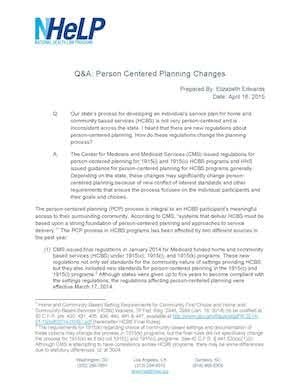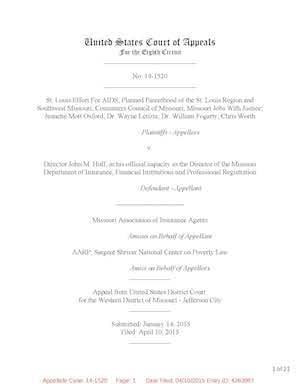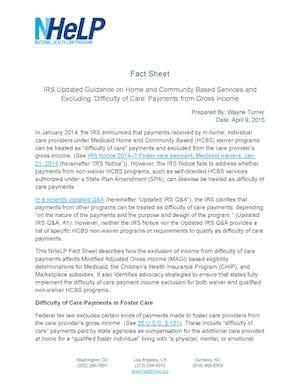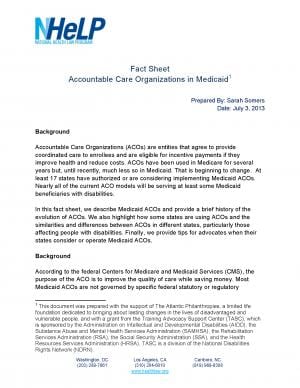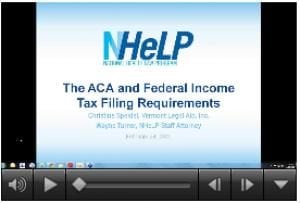- Abigail Coursolle
- Alejandra Pavisich
- Alejandra Pavisich
- Alexis Robles-Fradet
- Alicia Emanuel
- Amanda Avery
- Amy Chen
- Andy DiAntonio
- Arielle Linsey
- Brian Brooks
- Candace Gibson
- Carly Myers
- Cassandra LaRose
- Cat Duffy
- Catherine McKee
- Cathren Cohen
- Charlie Blodnieks
- Charly Gilfoil
- Cheyenne Peters
- Christina Piecora
- Corey Davis
- Dania Douglas
- Daniel Young
- David Machledt
- Deanna Hartog
- Elizabeth Edwards
- Elizabeth G. Taylor
- Emma Parker-Newton
- Eskedar Girmash
- Fabiola De Liban
- Georgesula Ziama
- Geron Gadd
- Hannah Eichner
- Hayley Penan
- Héctor Hernández-Delgado
- Ian McDonald
- Jane Perkins
- Jasmine Young
- Jennifer Lav
- Joe McLean
- Jules Lutaba
- Kally Xu
- Kasey Nichols
- Kavisha Prajapati
- Kimberly Lewis
- Leonardo Cuello
- lhigashi
- Liz McCaman Taylor
- Madeline Morcelle
- Mara Youdelman
- Margaret Okakpu
- Maya Levin
- Michelle Lilienfeld
- Michelle Yiu
- Miriam Delaney Heard
- Mizue Suito
- Priscilla Huang
- Rachel Holtzman
- Rolonda Donelson
- Sarah Grusin
- Sarah Somers
- Skyler Rosellini
- Susan Berke Fogel
- T. Nancy Lam
- veng
- Walter Hsiang, MD
- Wayne Turner
- Zamir M. Brown
- Show all
- 1557
- 50th Anniversary
- Abortion
- Admin and Procedural Barriers
- ADS Evergreen
- Affordable Care Act
- Assisted Reproduction
- Automated Decision Making
- Behavioral Health
- Child and Adolescent Health
- CHIP
- Civil Procedure
- Civil Rights
- Coronavirus
- Cost-sharing
- Court Access
- COVID-19 Public Health Emergency
- Data Collection
- Defending Medicaid
- Delivery System Featured
- Delivery System Reform
- Demonstrations
- Disability
- Disability Rights
- Doula Care
- Dual Eligible Beneficiaries
- Eligibility and Enrollment
- EPSDT
- Exchanges/Marketplaces
- Family Planning
- Federal and State Court Cases
- Foster youth
- HCBS/LTSS
- Health Care Reform
- Health Care Refusals
- Health Disparities
- Health Reform
- HIV/AIDS and Sexual Health
- Home and Community Based Services
- Immigrant Health
- Language Access
- LGBTQ Health
- Litigation
- Managed Care
- Medi-Cal
- Medicaid
- Medicaid Awareness Month
- Medicaid Awareness Month 2024
- Medicaid Defense 2025
- Mental Health
- Nondiscrimination
- Opioid Use Disorder
- Oral Health
- Pregnancy
- Prescription Drugs Marketplace
- Prescription Drugs Medicaid
- Privacy and Confidentiality
- Protect Medicaid 2023
- Public Charge
- Public Health
- Refusals of SRH Care
- Reproductive Health
- Services
- Sexual and Reproductive Health (SRH)
- Sexual Health
- SRH Equity
- SRH Equity for Immigrants
- SRH Equity for LGBTQI+ People
- SRH Equity for People of Color
- SRH Equity for People with Disabilities
- SRH Equity for Young People
- SRH Nondiscrimination
- Supreme Court
- Telehealth
- Waivers and Demonstrations
- Women's Health
 April 16, 2015
April 16, 2015Q&A: Person Centered Planning Changes
Read moreDue to regulatory changes and guidance issued over the past year, states should have evaluated and likely changed their person-centered planning process for home and community-based services. This Q&A focuses less on the regulatory changes and more on the important features of the current requirements for person-centered planning and…
 April 9, 2015
April 9, 2015Fact Sheet – IRS Updated Guidance on HCBS Difficulty of Care Payments
Read moreLast year, the IRS announced that payments received by in-home, individual care providers under Medicaid Home and Community Based (HCBS) waiver programs can be treated as "difficulty of care" payments and excluded from the care provider's gross income. In a recently updated Q&A, the IRS clarifies that payments from…
- March 23, 2015
Webinar: Guide to Oversight, Transparency, and Accountability in Medicaid Managed Care
Read moreIn this webinar presentation, NHeLP walks through its recently released Guide to Oversight, Transparency, and Accountability in Medicaid Managed Care. The Guide provides a robust set of tools, tips, and techniques on how to obtain information about states' Medicaid managed care programs. The webinar highlights how advocates, policy makers,…
 March 16, 2015
March 16, 2015Fact Sheet: Accountable Care Organizations in Medicaid
Read moreAccountable Care Organizations (ACOs) are entities that agree to provide coordinated care to enrollees and are eligible for incentive payments if they improve health and reduce costs. ACOs have been used in Medicare for several years but, until recently, much less so in Medicaid. That is beginning to change.…
